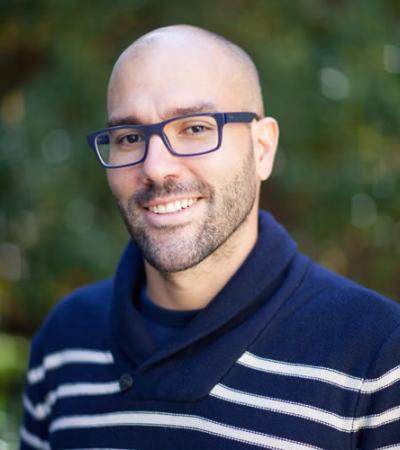Colombian Progress Brokers: The Search for Models of Material Progress in Nineteenth-Century Latin America

Historians have often framed the historiography of nineteenth-century Colombia around relatively homogeneous, identifiable groups and their ideological struggles, labeling them accordingly after the foundation of the Liberal and Conservative parties in 1849. However, during the second half of the nineteenth century, factionalism rather than consistency characterized these groups’ members and politics, particularly the Liberal party. Thus, although the way Colombians conceived of progress was to some extent linked with ideological principles, the traditional conservative-liberal dichotomy does not work to circumscribe a group of scattered Colombians looking for models of material progress in a global perspective. To a degree, simple references to the classic Liberal–Conservative dichotomy serves to obscure more than it reveals about how Colombians and Latin Americans overall thought in the nineteenth century. This talk examines a large body of knowledge about other Latin American countries that many Colombian intellectuals circulated during the second half of the nineteenth century. Due to the brokerage role this group of intellectuals and politicians sought to play in Colombia, I refer to them as Colombia’s “progress brokers.” Some of them, openly admirers of the United States’ and Europe’s developments, resolutely argued that neither the United States nor Europe provided an appropriate model to follow. I argue that Colombian progress brokers sought models of material and intellectual progress from among other Latin American countries between the 1840s and the 1900s, an issue largely ignored in the historiography on Colombia and on Latin America in general.Historians have often framed the historiography of nineteenth-century Colombia around relatively homogeneous, identifiable groups and their ideological struggles, labeling them accordingly after the foundation of the Liberal and Conservative parties in 1849. However, during the second half of the nineteenth century, factionalism rather than consistency characterized these groups’ members and politics, particularly the Liberal party. Thus, although the way Colombians conceived of progress was to some extent linked with ideological principles, the traditional conservative-liberal dichotomy does not work to circumscribe a group of scattered Colombians looking for models of material progress in a global perspective. To a degree, simple references to the classic Liberal–Conservative dichotomy serves to obscure more than it reveals about how Colombians and Latin Americans overall thought in the nineteenth century. This talk examines a large body of knowledge about other Latin American countries that many Colombian intellectuals circulated during the second half of the nineteenth century. Due to the brokerage role this group of intellectuals and politicians sought to play in Colombia, I refer to them as Colombia’s “progress brokers.” Some of them, openly admirers of the United States’ and Europe’s developments, resolutely argued that neither the United States nor Europe provided an appropriate model to follow. I argue that Colombian progress brokers sought models of material and intellectual progress from among other Latin American countries between the 1840s and the 1900s, an issue largely ignored in the historiography on Colombia and on Latin America in general.
Cosponsored with the Univeristy of Notre Dame Fulbright Students’ Association
Jairo Campuzano Hoyos
This profile was current as of 2018, when he was part of the on-campus Kellogg community.
Originally from Colombia, Jairo Campuzano-Hoyos is a Fulbright scholar holding a B.A. in History from the Universidad de Antioquia (Colombia) and both a M.Sc. in Administration from the Universidad Eafit (Colombia) and a M.A. from the University of Notre Dame (USA). While pursuing his Ph.D...
Read More





